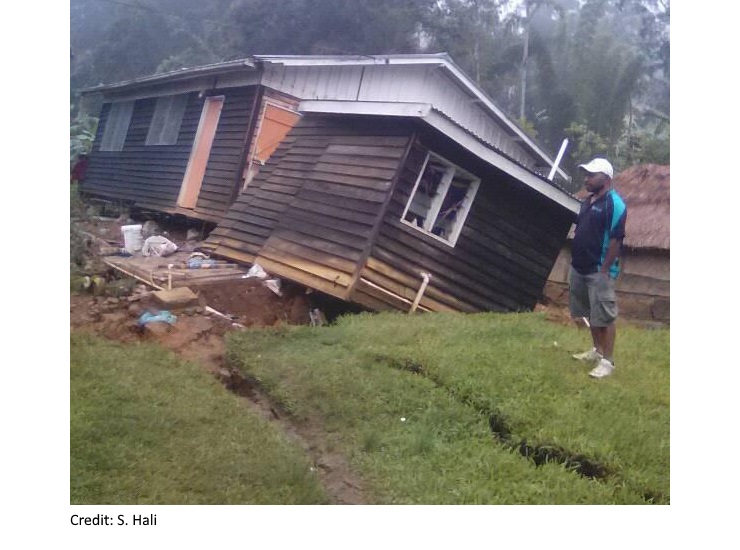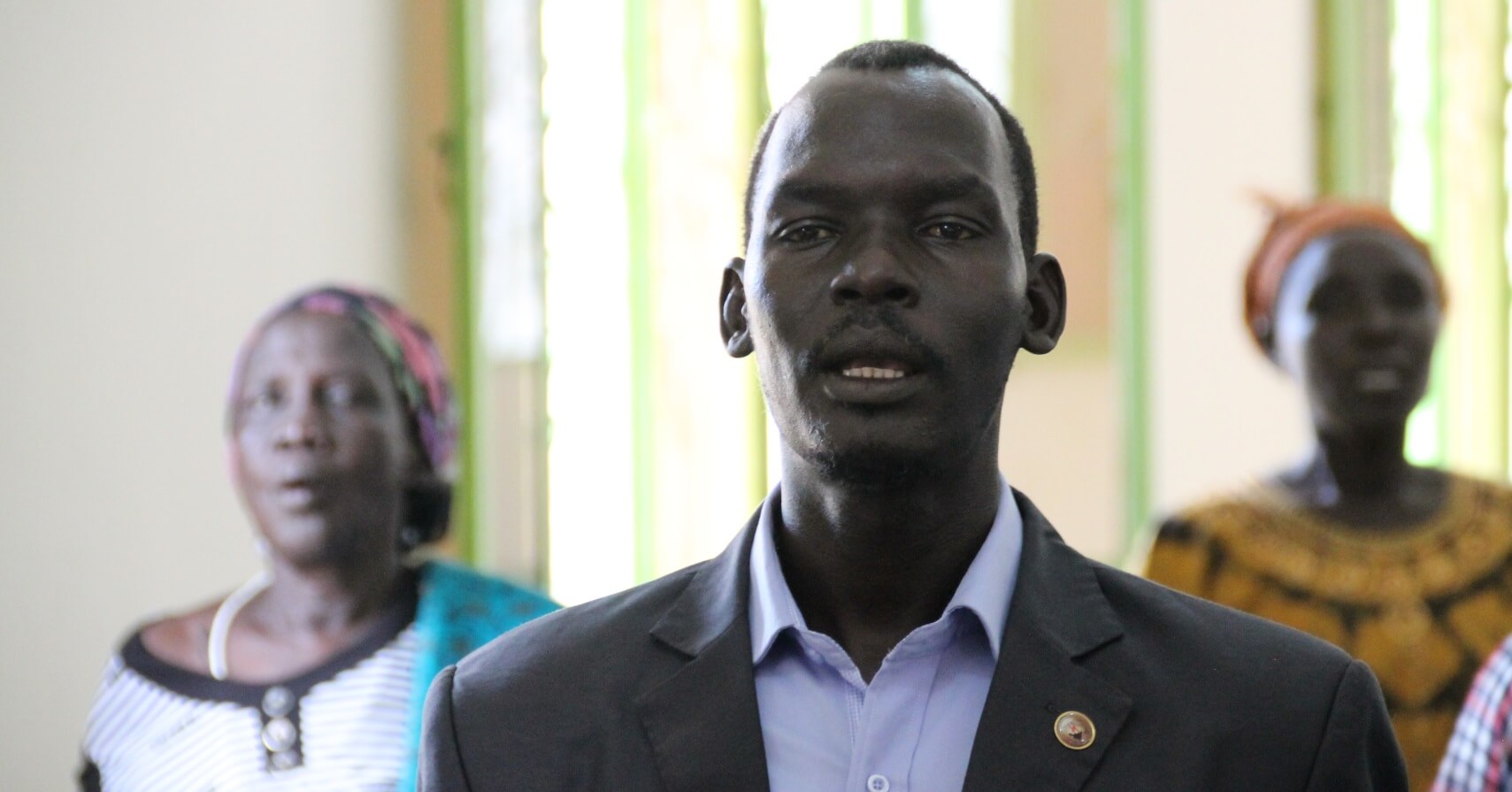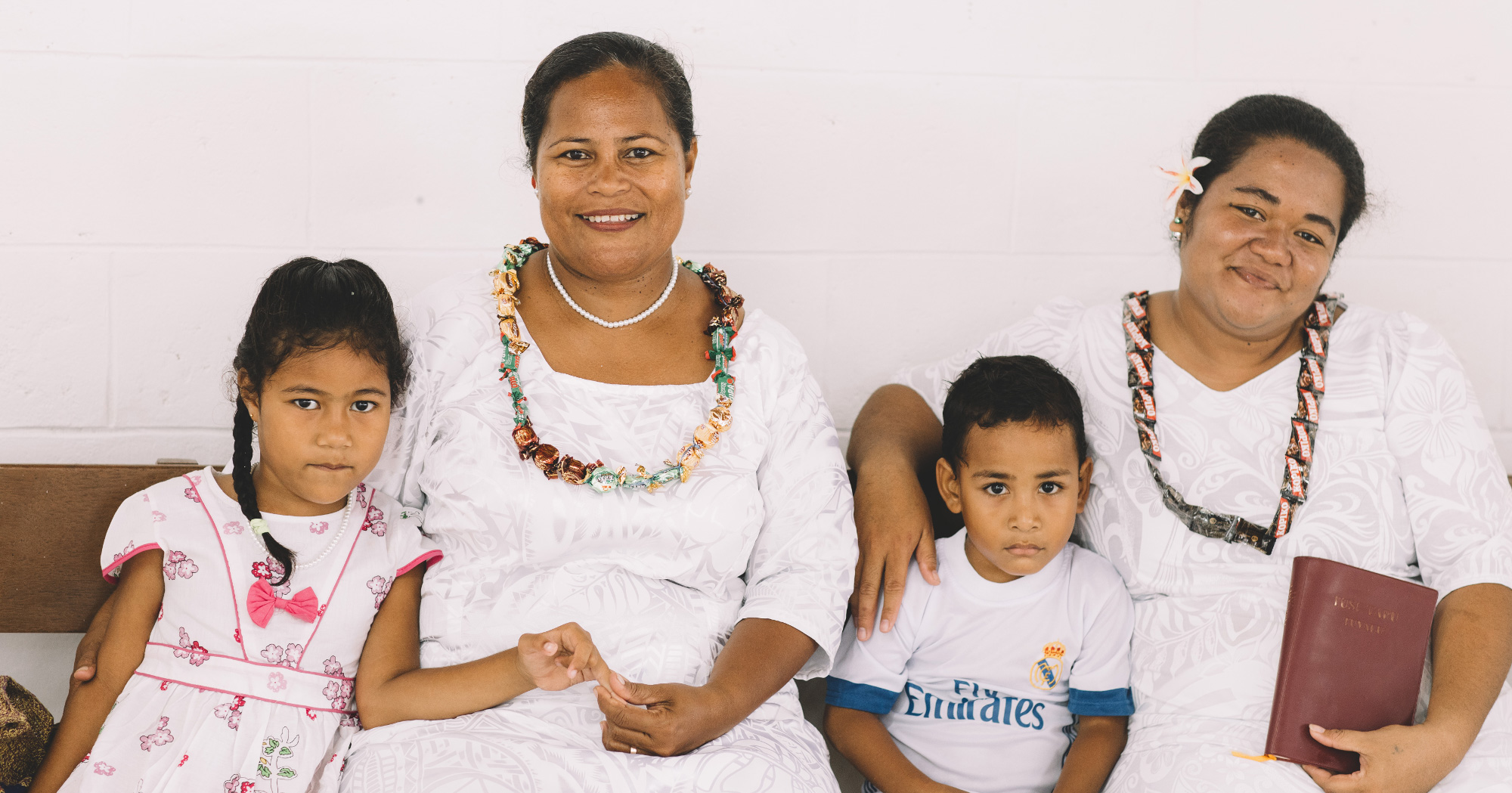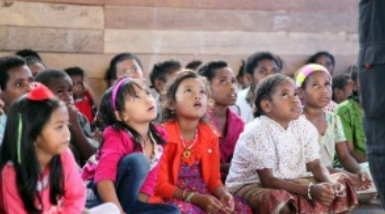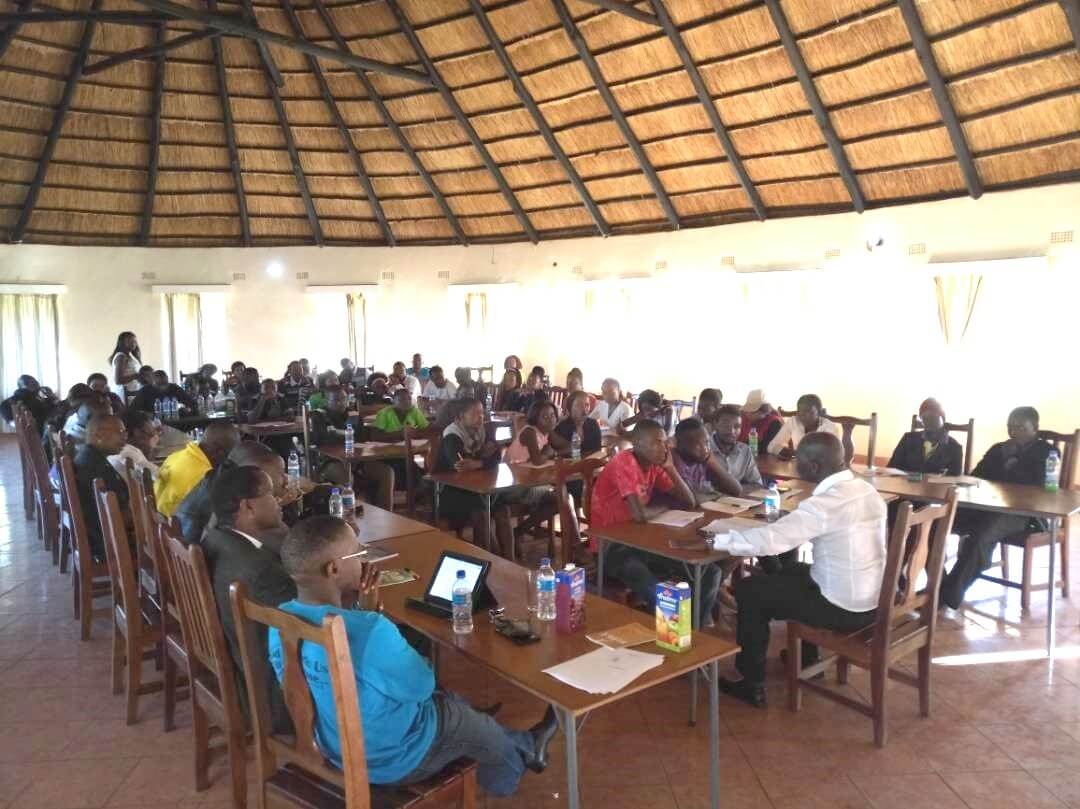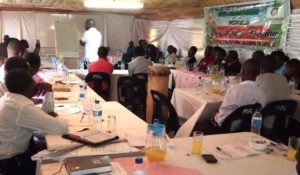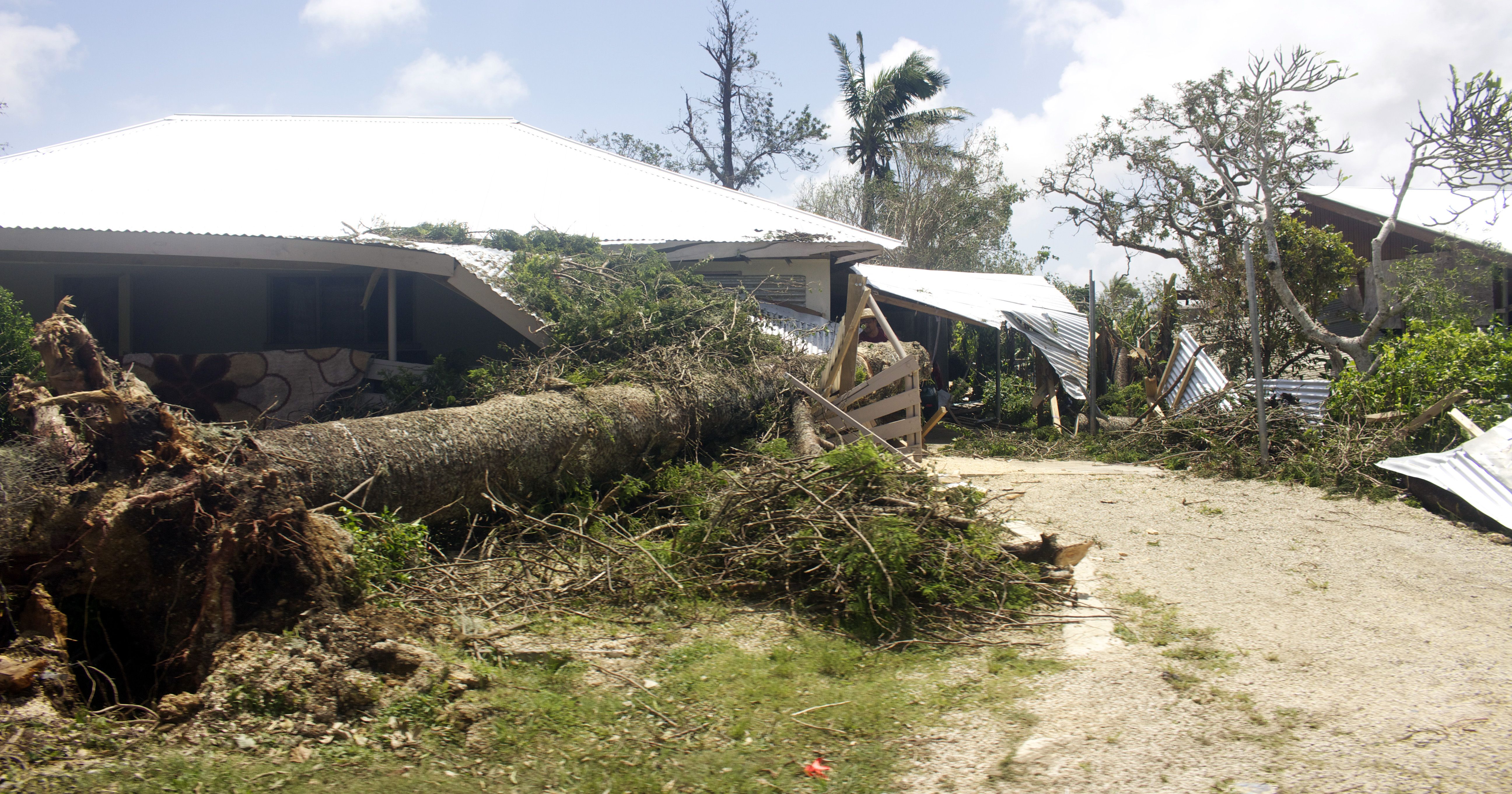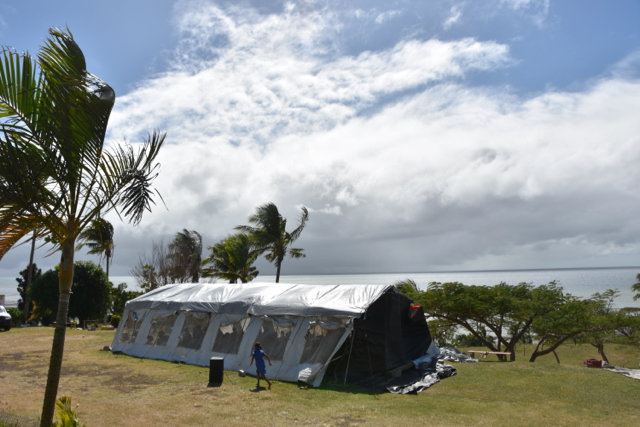Challenges to the relief effort in Papua New Guinea
On 26 February a 7.5 magnitude earthquake struck the highlands region of Papua New Guinea, decimating the area. Tragically more than 150 people have been killed, and many others lost everything they have.
UnitingWorld responded as soon as possible, working with our partners, the United Church Papua New Guinea (UCPNG), to help them provide thorough assessments of earthquake affected areas. All initial assessments have been completed, resulting in the identification of 12 communities in the region most affected and in need after the initial distributions.
We’ve been in constant contact with UCPNG to help coordinate the response, however there have been significant delays in distributing support to more regional areas as quickly as is needed. This has been an issue across the province, the remoteness of affected areas, and the recent intensification of civil unrest has restricted access for many relief agencies.
In response to this a joint Church response plan has been developed through the collaboration of UCPNG with other Churches in PNG, supported by UnitingWorld and other Australian NGOs. We are now in the process of leveraging significant government funding for an initiative designed to best meet the needs of the communities affected. They include:
– Phase 1 Emergency (The next 1-4 months): distribution of vital supplies including water containers, hygiene, sanitation and shelter kits, addressing protection, conflict resolution and psychosocial support.
– Phase 2 Early Recovery (4-8 months): semi-permanent reconstruction (houses, latrines, schools, infrastructure) protection, conflict resolution and ongoing psychosocial support.
– Phase 3 Recovery (8-12 months): permanent reconstruction (houses, latrines schools, infrastructure), protection, conflict resolution and psychosocial support.
UCPNG are committed to providing support to these communities, and have already helped agencies to distribute emergency supplies to many of the communities most in need through the information gained from the assessment. We understand that the need is great and are working closely with UCPNG to help speed up processes, with the procurement and logistics planning for the first phase now underway.
Our partners have been directly affected by this disaster. They are not only working to access to the communities most affected by this tragedy, they ARE part of these communities.
To make a donation to the relief efforts please visit: https://unitingworld.org.au/pngearthquake
The Australian Council for International Development (ACFID) state the most efficient and cost-effective way of helping those affected by this disaster is with your donation. We ask you to please refrain from sending physical items. For more information please click here

